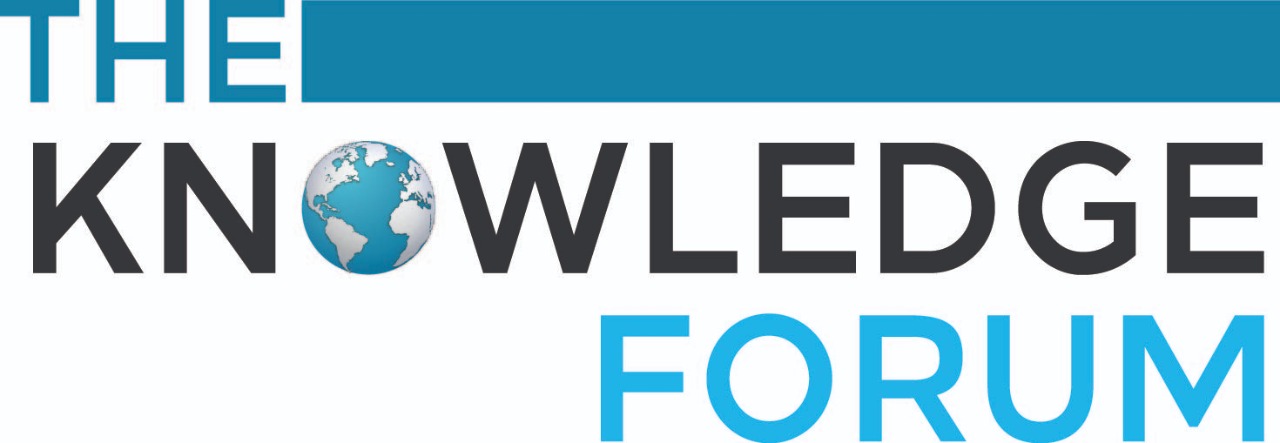Pakistan Bulletin
An up-to-date and informed analyses of key issues of Pakistan.
Green Promises: Climate Change and Manifestos of Pakistan's Political Parties
January 2024
The upcoming general elections have witnessed a remarkable shift in the political landscape, as mainstream parties now acknowledge the urgency of climate change within their electoral manifestos.
Across the globe, election manifestos are eagerly anticipated, as they offer valuable insights into a party's stance on core public issues and provide a roadmap for the way forward.
While the PPP’s manifesto addresses climate change and environmental concerns, there are areas that require more focus. The manifesto lacks specific plans to reduce greenhouse gas emissions and combat deforestation, crucial aspects of tackling climate change. Additionally, though the manifesto highlights the expansion of the flagship social security programme, the Benazir Income Support Program, it could benefit from integrating environmental considerations such as climate-smart livelihood programmes and sustainable livelihood options to enhance resilience in the face of climate change.
In a sweeping manifesto released late January 2024, the Pakistan Muslim League-Nawaz (PML-N) has unveiled a robust strategy to confront the urgent challenge of climate change, signalling a significant shift in political discourse towards environmental sustainability. With a focus on renewable energy promotion, the party pledges to prioritize hydropower and solar energy to combat carbon emissions and bolster energy security, marking a departure from traditional fossil fuel reliance. In a bid to address environmental degradation, the manifesto outlines ambitious afforestation and reforestation efforts aimed at expanding forest cover, safeguarding biodiversity, and combating land degradation. PML-N’s vision extends to climate-resilient infrastructure, with proposals to integrate climate considerations into urban planning and development, fortifying resilience against climate-related threats and advancing sustainable urbanization practices. Recognizing the pivotal role of water in climate adaptation, the party lays out strategies for sustainable water management, emphasizing equitable access to clean water and measures to tackle water scarcity and enhance water quality. Furthermore, the manifesto proposes stringent measures to curb air pollution, including the enforcement of environmental protection laws and incentives for clean energy adoption, alongside initiatives to combat smog through upgraded brick kilns and a ban on non-degradable plastic bags. PML-N’s policy agenda encompasses disaster risk reduction, biodiversity conservation, and a government-wide commitment to greener practices, reflecting a comprehensive approach to addressing climate change and promoting sustainable development.
The Pakistan Tehreek-e-Insaf (PTI) manifesto addresses climate change as a “silent killer” and outlines a comprehensive approach to reducing greenhouse gas emissions, particularly carbon emissions, to mitigate the impact of climate change. The manifesto includes a range of policies and initiatives aimed at promoting sustainable practices, reducing carbon emissions, and driving innovation in cleaner technologies. These policies include the adoption of energy-efficient and low-carbon technologies in industries through research and development grants and technology transfer programs, the implementation of energy efficiency standards, and the promotion of renewable energy sources like solar and wind power through tax breaks and subsidies. The manifesto also emphasizes the importance of stakeholder engagement and capacity building, regulatory frameworks and funding mechanisms, monitoring and evaluation through independent audits, and environmental impact assessments. Additionally, the PTI plans to establish public-private partnerships, offer tax incentives for industries that reduce their carbon emissions significantly or invest in clean energy projects, provide low-interest loans or grants to support green technology adoption and energy efficiency improvements, and establish awards and recognition programs to acknowledge industries that excel in reducing their carbon footprint. Overall, the PTI manifesto presents a comprehensive and ambitious plan to address climate change in Pakistan’s industrial sector.
The urban Sindh-based MQM-Pakistan’s election manifesto, unveiled by Convener Khalid Maqbool Siddiqui on January 4, 2024, highlights the party’s commitment to addressing climate change and environmental issues. The manifesto outlines measures such as tree planting and promoting alternative energy sources like wind and solar power to counteract the effects of climate change. The manifesto also addresses the dumping of waste into the sea and the discharge of untreated industrial waste, demonstrating the party’s awareness of environmental preservation. MQM-P emphasizes improving public transport through vehicle fitness, energy-efficient vehicles, and carbon emissions reduction. Waste management initiatives include safe disposal of industrial waste, reducing non-degradable materials, and discouraging single-use plastics. The party aims to prevent the decline of natural resources and collaborate with environmental agencies.
MQM-Pakistan’s manifesto, in addition to addressing climate change and environmental concerns, extends to sustainability and disaster management. The party proposes rainwater harvesting, the establishment of a disaster management cell, and the provision of temporary shelter homes during unexpected events, including climate related emergencies. Coastal preservation and marine ecosystem conservation are also highlighted, with suggestions for a surveillance team to monitor pollution and prevent the decline of marine species.
Jamat-e-Islami (JI) has unveiled its 52-page manifesto on January 7, 2024, for the 2024 elections, which focuses on climate change, environmental protection, access to safe drinking water, and food security. The manifesto highlights the importance of alternative energy sources, such as solar power and renewable options, to reduce reliance on fossil fuels and combat climate change. The JI also emphasizes the need for strict legislation and effective implementation of pollution control measures, including the disposal of toxic gases and industrial waste. The promotion of electric vehicles and large-scale afforestation campaigns are proposed to reduce pollution levels and enhance green spaces. Overall, the JI manifesto reflects a holistic approach towards addressing environmental challenges and ensuring a sustainable future for Pakistan.
While the inclusion of environmental concerns in political manifestos marks a significant step forward, it is imperative to recognize that mere promises on paper are not enough.
Climate change also features in the manifesto of the controversial religious political party, the Tehreek-e-Labbaik Pakistan (TLP) which unveiled its 25-point manifesto for the 2024 elections, on January 6, 2024. The manifesto emphasizes climate change, environmental protection, access to safe drinking water, and food security. It also focuses on promoting sustainable agricultural practices, water resource management, and pollution control. The Party pledges to combat deforestation, enhance green spaces, and address food security through supporting agriculture.
Manifesto of a climate activist:
Activists have long been asked to undertake political struggle in order to realise the change that they advocate for. Ahmad Shabbar, a climate activist is contesting as an independent candidate in the upcoming general elections. He has presented a “Green Manifesto” that prioritizes water security, waste management, climate action, wildlife and animal care, and parks and recreation. His ideology revolves around the principle of “Nature First” emphasising the interconnectedness between humans and nature. Shabbar’s manifesto also outlines clean energy transition, creation of green jobs, and education on climate change as he faces seasoned political parties in the Sindh Provincial Assembly Constituency PS-110.
Last word: While the inclusion of environmental concerns in political manifestos marks a significant step forward, it is imperative to recognize that mere promises on paper are not enough. Unfortunately, all political parties have historically demonstrated little action on following through their pledges. They have instead prioritised fossil fuels promotion, real estate development at the cost of environment degradation, and have engaged in deforestation for short term gains. Pakistani citizens need more than the election platform to engage and hold accountable their elected leaders. The absence of citizen-centric political engagement spaces is a serious gap in Pakistan’s democracy, which eventually fails citizens and the causes they matter to them, including the cause of protection from the effects of the climate change.
Muhamamd Toheed
Author
The author is an urban planner and Associate Director at Karachi Urban Lb, IBA.

Get the latest news and updates from our team
